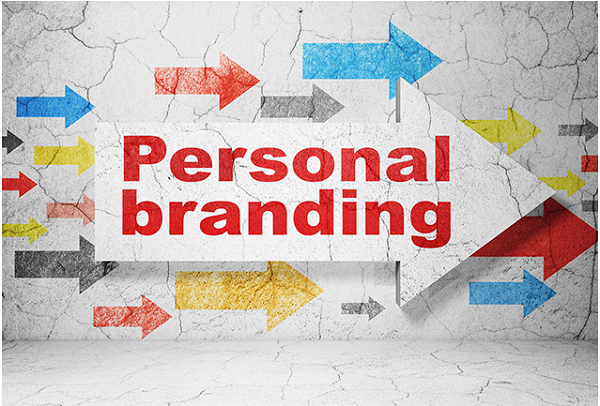ATD Blog
Do Extraverts Have a Stronger Personal Brand?
Mon Sep 08 2014

I worked with two managers last week who co-manage a large group of sales reps. They run a lot of meetings together and try to make collective decisions to ensure fairness and consistency. They asked me to help them find ways to increase the level of accountability among the sales reps, and to improve communication across the two teams. Our first conversation was by phone, and 10 minutes into the call, I realized I was in a personal branding clinic. Here’s why.
Manager #1 is a card-carrying extravert. He is gregarious, talkative, funny, and impulsive. Every question I asked was answered by him. He managed the agenda and, in several instances, spoke for both of them.
Manager #2 is an introvert. Correction: He is an INNN-trovert. One of the quietest, most soft-spoken managers I have worked with. Only when I specifically asked him to respond did he offer any comments. At one point during the call I thought he had left the room. When he did respond, his comments were very insightful and focused.
After the call, I had formed an impression of each manager: The extravert was fun to work with, and the introvert was hard to read.
How great was it that about a month later I got to view both of them in action with their direct reports. That experience told a different and more compelling story.
Manager #1, the extravert, still did all the talking. His direct reports did not say much. Feedback on Manager #1 was not glowing. His direct reports said, “We can’t get a word in edge-wise. He dominates every meeting, and he loves his phone, so we are bombarded with texts all day long.”
Manager #2 encouraged his team to discuss, analyze, and decide. He was a great facilitator, and clearly well-respected by his team. I asked one of his direct reports how effective he was as a boss. She said, “We all wish he would initiate conversations and let us know what he’s thinking, but other than that, he’s a great boss. Everyone loves working for him.”
This example sheds light on the answer to the question in the title. No, being extraverted does not lead to a stronger person brand—over the long term. In the short-term, it certainly helps to have extraverted skills. After all, if you never speak, how is anyone going to get a strong impression of you?
The answer is to become an “ambivert.” Ambiverts have both introverted and extraverted tendencies. They are better balanced and can function in a wider array of situations. They can bob and weave like a boxer. As my Wharton colleague, Adam Grant found in his research, people with strong personal brands focus on the quality and diversity of the relationships they build, not the number of people they contact or the number of times they reach out to them.
Grant explains, “If you stereotype extraverts as charismatic and introverts as aloof, think again. Extraverts do feel more positive emotions than introverts, but they don't always cause other people to feel those same positive emotions. Studies of workgroups show that extraverts actually elicit more negative emotions in others, have slightly more difficult relationships with teammates, and start out with higher status but lose it over time. Colleagues report that extraverts are more likely to be overbearing than introverts (it's hard to annoy people if they don't even notice that you exist) and engage in boisterous behaviors that create high initial expectations but fail to deliver with corresponding contributions.”
That is my two managers summed up in one paragraph.
As you cultivate your own personal brand, worry less about whether you are an introvert or an extravert, and focus more on the degree to which you call upon both styles to seize the moment. If you are curious where you fall on the spectrum, here is a fun assessment by one of my favorite authors, Dan Pink.
Keep in mind: Every role—and every successful personal brand—has a common denominator for success. It is flexibility.
